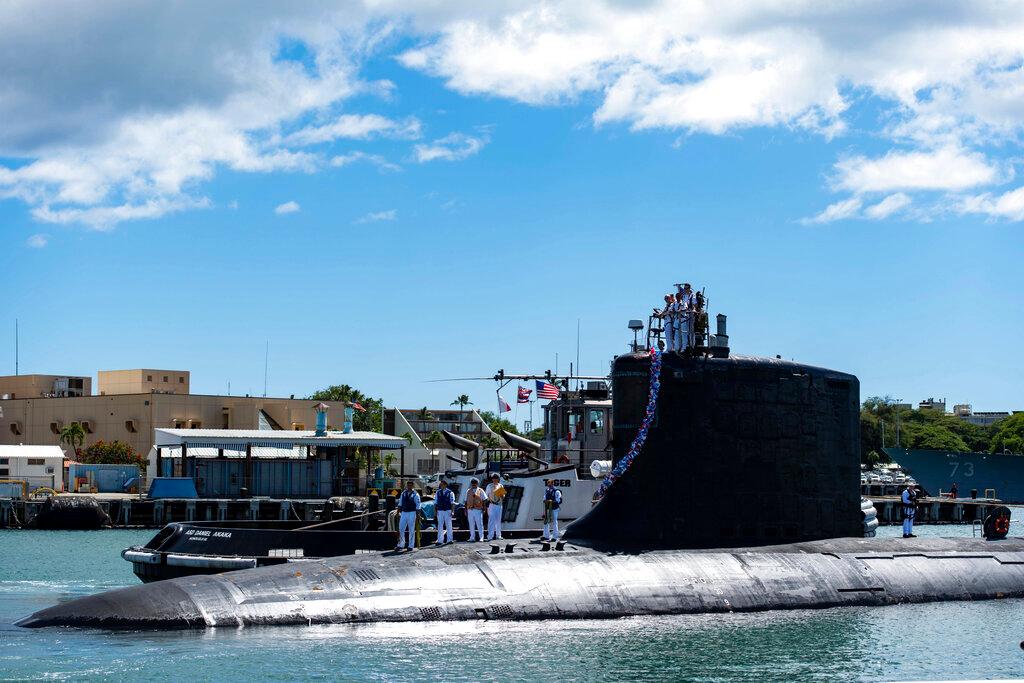Australia’s defence obligations under the AUKUS pact could be affected by a delivery delay of up to three years of secondhand Virginia-class submarines from the United States.
Bloomberg reported this week that an internal review commissioned in January by U.S. Navy Secretary Carlos Del Toro to assess shipbuilding challenges facing the United States concluded that production was running 24 to 36 months behind schedule.





